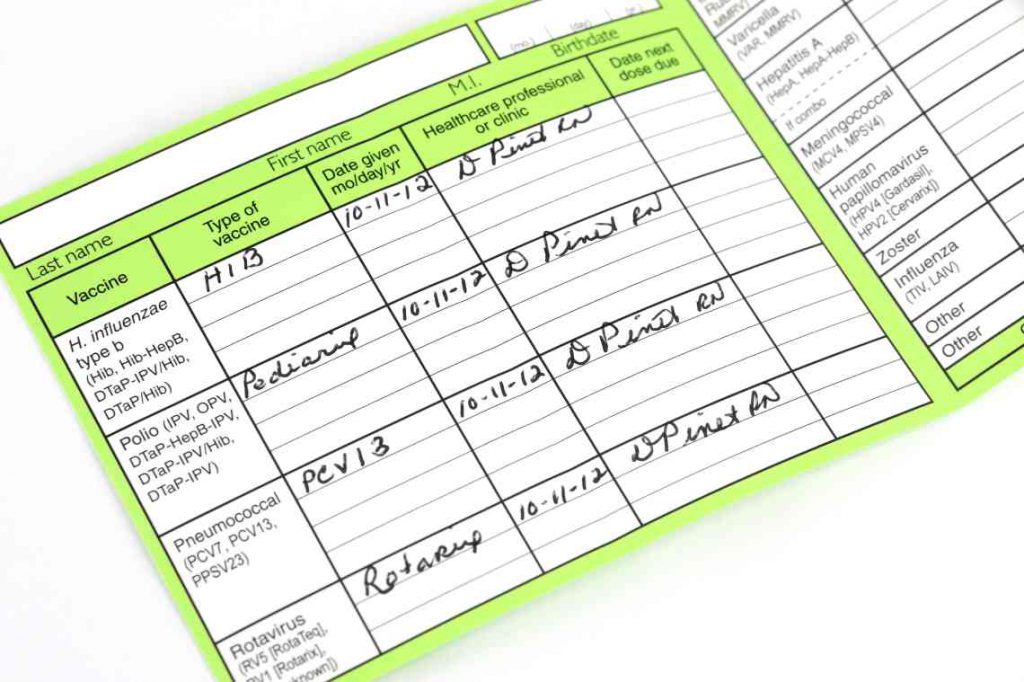Travel has been on hold for most people around the world for at least a year, and with many restrictions, rules and other complications, it may be hard to imagine planning a trip. But there are some simple things you can do to start traveling again, whether it’s making sure your passport is valid, checking travel restrictions or making a plan B in case of cancellations. With our tips, you can go beyond day trips and start exploring the United States and the world again.
Start small
If you haven’t traveled for a while, it’s best to ease yourself back into it. Take a road trip to a destination within your own state or to a neighboring state. Explore a state or national park near you. Go camping! If you live somewhere with train connections, leave the car at home and ride the rails to a city a few hours away for a long weekend. It’s a good idea to start small rather than plan a long, multi-stop flight to another continent as your first trip after a long break.

Check transportation availability
If you would like to rent a car or an RV and hit the road, check whether the type of transportation you want is available. There is high demand and, in the case of many car rental companies, a smaller fleet, so availability may be limited during popular travel times. It may also be more difficult to find a rental car if you live somewhere like New York where fewer people own vehicles. If nothing is available locally, think about taking the train a short distance to a nearby town or city where there may be rentals cars available.
Book with free cancellation
Whether it’s a hotel, flight or car rental reservation, it’s best to book with free cancellation or the option to change dates at no cost. Maybe the price will be slightly higher, but it’s a great option in case your plans change, or something unexpected happens. You might also consider booking directly with the hotel, airline or car rental company because they often have more generous cancellation policies than third-party sites.
Have a plan B in case of cancellations
No one wants to have their plans disrupted by a canceled flight or train, or new travel restrictions. But cancellations can happen, and if you already allocated vacation time, it would be a shame to let it go to waste. If you had planned to fly or take the train somewhere within driving distance, you can see if there are rental cars available. If that isn’t an option, you can think about options closer to home. Check out an attraction you’ve never been to. Visit an amusement park. Go to a nearby beach or lake for a weekend. Or find a nice hotel with a spa and spend time relaxing. Your backup plan may not be as exciting as your original destination, but you can still have fun!

Check for travel restrictions
Restrictions on where Americans can travel change all the time. If you are thinking about traveling internationally, make sure to check the current travel restrictions to make sure you can get into the country (or countries) you would like to visit. And keep in mind that restrictions can change between when you book tickets and your travel dates, so double-check a day or two before you go.
Check vaccine and testing requirements
If you are planning to travel to another country, it’s always a good idea to make sure you have the required or recommended vaccines. That’s doubly important now and likely for the coming years. Check online to see what the vaccine and/or Covid-19 testing requirements are for the country you are visiting, and also see what is required by the airline(s) you are flying. Not knowing before you go can result in not being allowed on a flight or not getting past immigration at the airport.

Check your passport expiration date
This may not seem important, but it’s common to not pay attention to your passport or ID’s expiration date. And when you take it out to travel, you might realize too late that it’s expired or too close to expiring to use. Your passport needs to be valid for at least six months to use for travel, and there are long delays for passport issuance and renewals in the US due to reduced staff and increased demand. So if you notice your passport is valid for one year or less, you might just want to renew it before you forget.